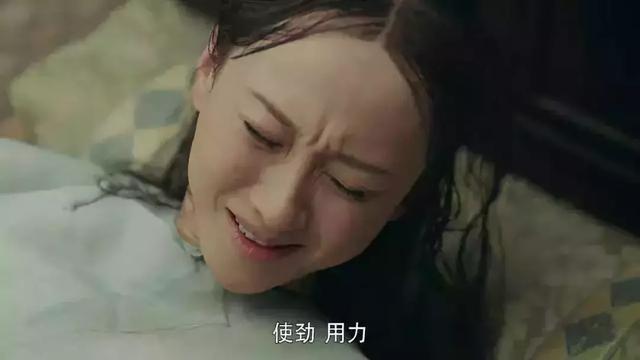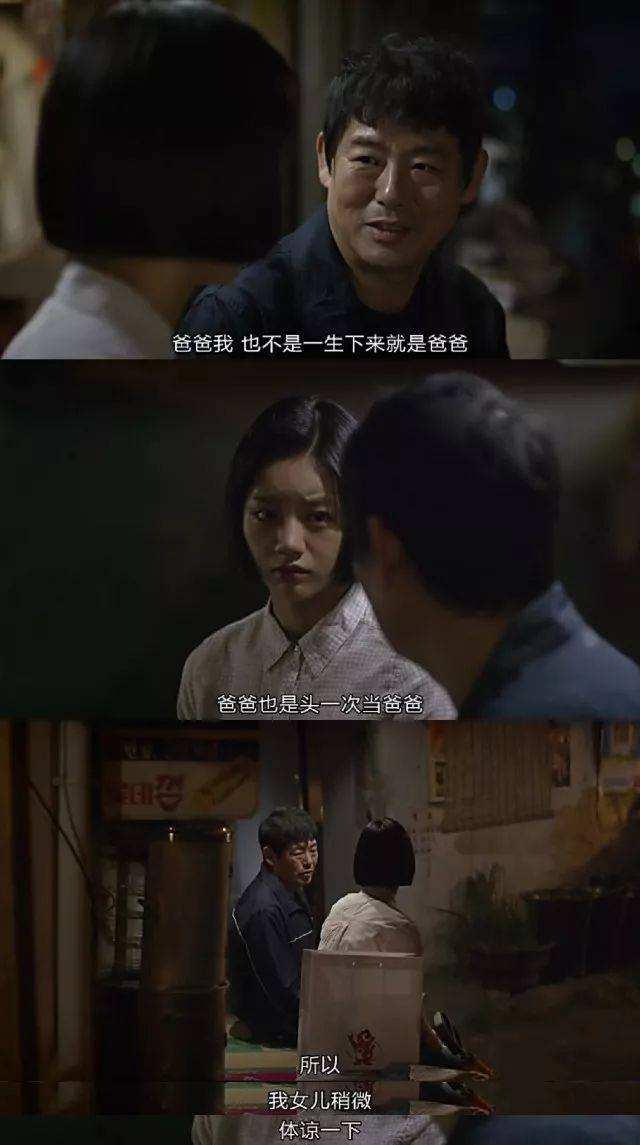又到端午节了,吃粽子了吗?系彩绳了吗?看龙舟了吗?,今天小编就来说说关于端午节又有许多别名?下面更多详细答案一起来看看吧!

端午节又有许多别名
又到端午节了,吃粽子了吗?系彩绳了吗?看龙舟了吗?
别忘了,端午节是中国的四大传统节日之一(另外三个是春节,中秋节和清明节)。关于端午节的来历和屈原是谁,我就不在这赘述了,好奇的和不知道的请自行搜索。今天主要是和列位分享一下关于端午节中的一些习俗的英文表达方式,以便在英语考试或向西方朋友介绍时信手拈来。
先来说说粽子(民以食为天嘛)
在英语中,粽子可以直接用汉语拼音表达 - Zòngzi,此外还可以说成rice dumpling, rice pudding.
时至今日,绝大多数的西方人现在都听说过粽子也基本上尝试过,如果不知道的,需要我们去介绍或解释的话,下面一段话会让听者比较有画面感。
Almost every Chinese holiday has a specific food or foods associated with it, and dragon Boat Festival is no different. On this holiday, the food of choice is zòngzi.
Zòngzi are a type of pyramid-shaped dumpling made of glutinous rice and stuffed with various sweet or savory fillings. Common fillings for sweet zòngzi include sweet red bean paste or jujube.
Savory zòngzi might be stuffed with salted egg yolks, pork or mushrooms. The dumplings themselves are wrapped in bamboo leaves, tied with a string, and either steamed or boiled.
提到端午节的来历和意义就不得不说屈原,如果你想比较容易让对方理解的介绍屈原,可以这么说(虽然有点长,不过很完整的介绍了屈原一生和为什么会赛龙舟和吃粽子):
In modern times, the most popular story explaining the origins of the Dragon Boat Festival concerns the death of Qū Yuán, a poet of the Warring States period (approx. 475 to 221 BC).
At the time, it was common for Chinese literati to work in government, and Qu Yuan was no different. He served faithfully as a government official in the State of Chu for some time. After being slandered by another official, however, he was sent into exile.
Qu Yuan spent his exile in a productive manner, writing many works of poetry, but his mind was troubled. The State of Chu was not doing well politically, and news of its various defeats at the hands of competing states sent Qu Yuan into a deep depression.
Eventually, his despair in the face of the political situation drove him to commit suicide by drowning himself in Hunan Province’s Miluo River.
During his time in exile, Qu Yuan had become quite popular with the local people. Legend has it that when they realized he was attempting to drown himself, the citizenry rushed in boats to the middle of the river in an attempt to save him or at least retrieve his body.
Unable to find him and worried that fish would eat his body, they threw balls of sticky rice into the river in hopes that the fish would choose the rice over Qu Yuan.
“路漫漫其修远兮,吾将上下而求索。” - 屈原
其实说到端午节的英文名,我也算是耿耿于怀,毕竟龙舟只是端午的一部分,难免有些断章取义,以偏概全的感觉。而且,我们当初在申请非物质文化遗产时也没有对英文名称进行更正,也算是一种遗憾。还有就是龙这个字,在英文中对应的是dragon没错,但东方人的龙文化或者说对龙的认知及崇拜,和西方人是完全不同的,因为在他们的脑海中,dragon是邪恶的,人们以英雄来称呼那些弑龙者。这也是众多东西方文化区别的其中一条,其实从另一个角度来看,也好,因为这样,在我们(东西方人)促膝长谈中就又多了一个话题。
,




